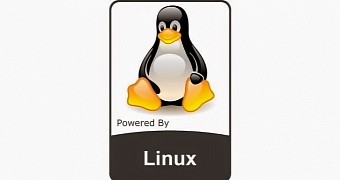On September 29, renowned kernel developer and maintainer of several Linux branches Greg Kroah-Hartman had the pleasure of announcing the immediate availability for download of the second point of Linux kernel 4.2.
Looking at the appended shortlog, Linux kernel 4.2.2 is here to add various improvements to the ARM64, PowerPC (PPC), ARM, H8/300, M32R, MIPS, PA-RISC, s390, unicore32, and x86 instruction set architectures, update the Btrfs, CIFS, eCryptfs, EXT4, HFS, HFS+, JBD2, and NFS filesystems, as well as patch several networking, block, and sound security flaws.
Additionally, the second maintenance release of the Linux 4.2 kernel series updated numerous drivers, especially for things like crypto, GPU (mostly Intel i915), I2C, InfiniBand, MMC, networking (Ethernet and Wireless), NFC, PCI, PINCTRL, and RTC. More details about all the changes implemented in Linux kernel 4.2.2 can be found in the official announcement.
"I'm announcing the release of the 4.2.2 kernel. All users of the 4.2 kernel series must upgrade," says developer Greg Kroah-Hartman. "The updated 4.2.y git tree can be found at: git://git.kernel.org/pub/scm/linux/kernel/git/stable/linux-stable.git linux-4.2.y and can be browsed at the normal kernel.org git web browser: http://git.kernel.org/?p=linux/kernel/git/stable/linux-stable.git;a=summary."
All users of Linux 4.2 and 4.2.1 must update as soon as possible
As expected, users who are using a GNU/Linux operating system powered by a kernel package from the Linux 4.2 kernel series are urged to update their systems as soon as possible to Linux kernel 4.2.2, or more precisely as soon as the new kernel version arrives in the default software repositories of their distributions.
We recommend distribution vendors and advanced Linux users to download the Linux kernel 4.2.2 sources right now from the kernel.org website or via Softpedia, whichever suits them best, and start compiling the new kernel version by hand, and then update the kernel packages of their operating systems.

 14 DAY TRIAL //
14 DAY TRIAL //